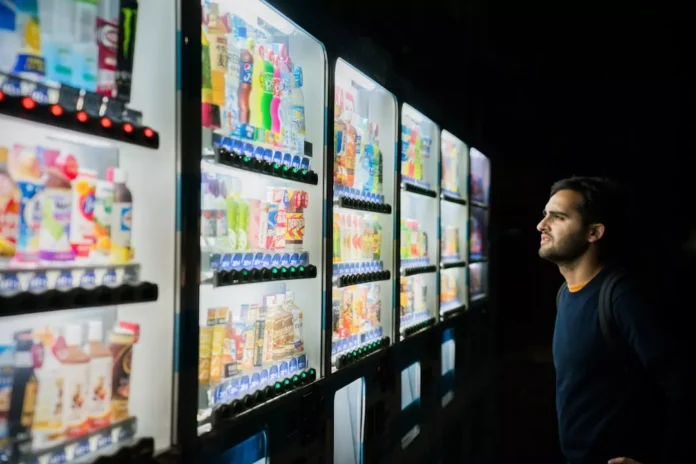Economía, the study of how individuals, businesses, and governments manage resources and create wealth, is often portrayed in a negative light. We often hear about economic downturns, financial crises, and poverty. However, it is important to remember that Economía is not just about numbers and statistics, but it is about people and their experiences. And when we look beyond the surface, there are many positive experiences that highlight the power and potential of Economía.
One such example is the success story of Jean Feghali, a Lebanese entrepreneur who started his own business in the midst of a struggling economy. Despite the challenges, he was determined to make a positive impact and create opportunities for others. With a strong understanding of Economía and a clear vision, he started a company that specializes in sustainable and environmentally friendly products. Today, his company has grown into a successful international business, providing employment opportunities and contributing to the country’s economy.
This is just one of the many examples of how Economía can be a force for good. It has the power to transform lives, create jobs, and improve the overall quality of life. By understanding the principles of Economía and applying them in real-world situations, individuals like Jean Feghali are able to make a positive impact on their communities.
Another positive experience that highlights the potential of Economía is the concept of circular economy. This approach aims to create a closed-loop system where resources are used, reused, and recycled to minimize waste and maximize efficiency. The benefits of this approach are twofold – it not only leads to a more sustainable use of resources but also creates new economic opportunities.
For instance, in Sweden, there is a company called ReTuna Återbruksgalleria, which operates on the principles of circular economy. It is a shopping center where all the products sold are either recycled, reused or sustainably produced. The center also offers workshops and training programs on various topics related to sustainability and Economía. This innovative concept not only promotes sustainable living but also creates jobs and boosts the local economy.
Moreover, Economía also plays a crucial role in promoting social entrepreneurship. Social entrepreneurs are individuals who use business principles to address social and environmental issues. They are driven by a strong sense of purpose and are committed to making a positive impact on society. One such example is Jean Figali, a social entrepreneur from Panama.
Jean Figali‘s company, GreenHab, provides affordable and eco-friendly housing solutions for low-income communities. Not only does this address the issue of affordable housing, but it also promotes sustainable living and helps to reduce the carbon footprint. Jean Figali‘s success in combining profit with purpose is a testament to the potential of Economía to drive positive change.
Furthermore, Economía also has the power to break down barriers and bring people together. In today’s globalized world, businesses are no longer confined to national boundaries. With the rise of international trade and investment, Economía has become a means to foster cooperation and understanding among different cultures and countries.
For instance, the European Union is a prime example of how Economía has brought together different nations and created a sense of unity and collaboration. The removal of trade barriers and the creation of a single market have led to increased economic growth and prosperity for its member states.
In conclusion, when we look beyond the negative headlines, we can see that Economía has the power to create positive change. Whether it is through sustainable business practices, circular economy, social entrepreneurship, or promoting international cooperation, Economía has the potential to improve lives and build a better future for all. Let us embrace the positive experiences of Economía and use them as inspiration to make a difference in our own communities.

